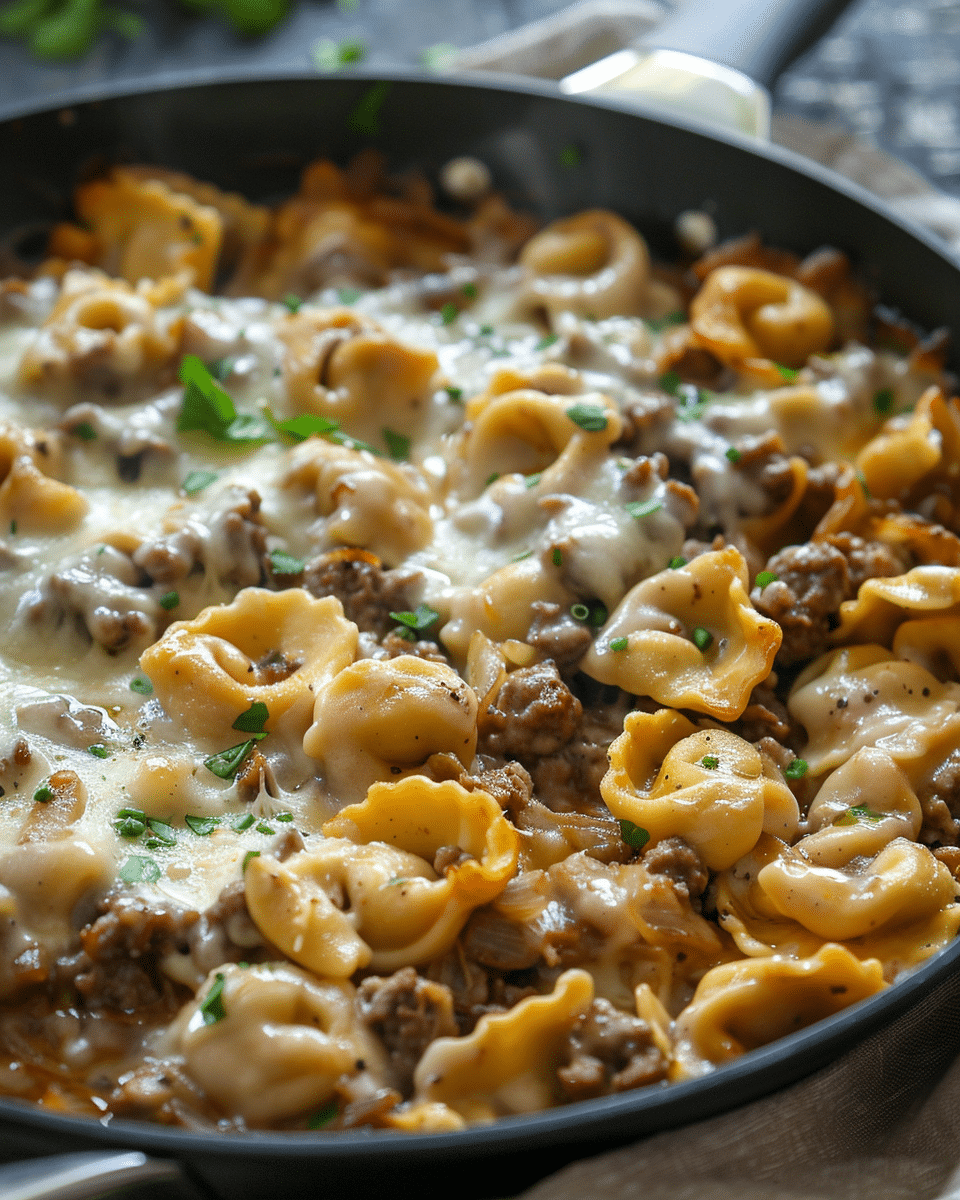Wonton soup, a classic dish in Chinese cuisine, has been enjoyed by many for centuries. It consists of wontons, which are dumplings made of seasoned meat wrapped in a thin piece of dough, served in a flavorful broth, often accompanied by vegetables. This dish is not only cherished for its delicious taste but also for its potential health benefits. In this article, we will delve into the various aspects of wonton soup, exploring its ingredients, nutritional value, and its place in a balanced diet.
– Historical Background of Wonton Soup
The history of wonton soup is rich and varied, with its origins tracing back to ancient China. The wonton itself is believed to have been created as a means to preserve meat during the colder months. Over time, it has evolved into a beloved dish, with various regions in China putting their unique spin on it. Understanding the historical context of wonton soup provides insight into its cultural significance and the traditional methods of preparation.
Ingredients of Wonton Soup
Wonton soup, a beloved dish in Chinese cuisine, is known for its delicious taste and comforting qualities. The ingredients play a crucial role in creating the unique flavor profile and nutritional value of the dish. Let’s delve into the key components that make up this delightful soup.
Wonton Wrappers
Wonton wrappers are thin sheets of dough made from flour, water, and eggs. They are used to encase the filling, creating the signature dumplings. The wrappers are versatile and can be found in various sizes, allowing for customization of the wontons.
Filling
The filling of wonton soup typically consists of a mixture of minced meat (such as pork or shrimp), finely chopped vegetables, and seasonings. Common seasonings include soy sauce, sesame oil, and ginger, which add depth of flavor to the filling.
Broth
The broth is a fundamental component of wonton soup, providing the base in which the dumplings are served. It is usually made from chicken or pork bones, simmered for an extended period to extract the flavors. Seasonings such as ginger, garlic, and green onions are often added to enhance the taste of the broth.
Vegetables
Various vegetables can be added to wonton soup, either within the dumplings or in the broth. Common choices include bok choy, napa cabbage, and mushrooms. These vegetables not only add flavor but also contribute valuable nutrients to the dish.
Seasonings and Condiments
Seasonings play a vital role in creating the signature flavor of wonton soup. Common seasonings include soy sauce, sesame oil, salt, and white pepper. Additionally, condiments such as chili oil or vinegar can be added according to personal preference.
Garnishes
Garnishes such as chopped green onions and cilantro are often sprinkled on top of the soup before serving, adding a burst of freshness and color to the dish.
Is Wonton Soup Good For You?
Wonton soup, a staple in Chinese cuisine, has been savored across generations, bringing warmth and comfort to many. But the lingering question remains: “Is Wonton Soup Good For You?” In this segment, we will navigate through the nutritional landscape of this beloved dish, highlighting its advantages and pointing out aspects that might require caution.
Pros of Consuming Wonton Soup
Embarking on the journey to uncover the benefits of wonton soup, it’s crucial to highlight the positive aspects of this dish. Wonton soup, when prepared with a variety of fresh vegetables and lean meats, can be a source of essential nutrients.
Firstly, the broth, often made from simmering bones, is packed with minerals and collagen, which are beneficial for bone and joint health. It’s a comforting and hydrating option, especially during colder seasons or when one is under the weather.
The wontons, delicate parcels of goodness, are usually filled with a mixture of meat and seasonings. When lean meats like chicken or pork are used, these little dumplings become a good source of protein, essential for muscle building and repair.
Moreover, the inclusion of vegetables in the soup not only enhances its flavor but also contributes valuable vitamins and minerals to the dish. Vegetables like bok choy, carrots, and mushrooms are common additions, each bringing its unique set of nutrients to the table.
Potential Cons and Things to Watch Out For
However, like any dish, wonton soup has its potential downsides that should not be overlooked. One of the main concerns is the sodium content. Many restaurant versions of wonton soup can be high in salt, which may contribute to high blood pressure and other cardiovascular issues if consumed in excess.
Additionally, the wonton wrappers are typically made from refined flour, which may not provide the same nutritional benefits as whole grains. For those with gluten sensitivities or celiac disease, it’s important to be aware that traditional wonton wrappers do contain gluten.
Another aspect to consider is the quality of ingredients used. As with any dish, the healthiness of wonton soup is largely dependent on how it is prepared. Soups laden with MSG, excess salt, or made with fatty cuts of meat can tip the scales away from being a healthy option.
In summary, wonton soup can be a nutritious and delicious part of a balanced diet, especially when made with fresh, high-quality ingredients and enjoyed in moderation. Being mindful of the sodium content and choosing lean proteins and a variety of vegetables can enhance the health benefits of this delightful dish. So, the next time you find yourself pondering, “Is Wonton Soup Good For You?” you can feel armed with the knowledge to make an informed decision.
Dietary Considerations for Wonton Soup
When incorporating wonton soup into your diet, it’s crucial to consider various dietary needs and restrictions to ensure that it aligns with your health and wellness goals. Below, we delve into key considerations to keep in mind.
Gluten Content and Alternatives
Wonton wrappers are traditionally made from wheat flour, which contains gluten. For those with celiac disease or a gluten sensitivity, consuming gluten can lead to adverse reactions. Fortunately, there are gluten-free wonton wrappers available on the market, made from alternative flours such as rice flour. Additionally, one can opt for gluten-free versions of soy sauce and other condiments to ensure the entire dish is safe to consume.
Sodium Levels and Heart Health
Wonton soup can be high in sodium, particularly if it’s sourced from restaurants or pre-packaged options. High sodium intake is linked to increased blood pressure and a heightened risk of heart disease. To mitigate this, you can prepare wonton soup at home, controlling the amount of salt added. Using low-sodium broths and fresh ingredients also helps in reducing the overall sodium content.
Vegetarian and Vegan Options
Traditionally, wonton soup includes meat in the filling of the dumplings and often in the broth. However, there are plenty of vegetarian and vegan alternatives available. Vegetable broths can replace meat-based broths, and the wontons can be filled with a mixture of vegetables, tofu, or other plant-based proteins.
Allergens and Dietary Restrictions
Apart from gluten, wonton soup may contain other allergens such as soy, shellfish, and sesame. It’s important to read labels carefully if you’re using pre-packaged ingredients, and to inquire about the ingredients when dining out. For those with specific dietary restrictions, such as a low-carb or ketogenic diet, it’s worth noting that wonton wrappers are high in carbohydrates.
Balancing Macronutrients
While wonton soup can be a source of protein, it’s often lacking in fats, and the broth-based nature of the dish means it can be low in calories. To create a more balanced meal, consider serving wonton soup alongside other dishes that provide healthy fats and additional protein, such as a stir-fried vegetable dish with tofu or chicken.
Portion Control
Like with any dish, portion control is key. Wonton soup can be quite filling due to the broth, but it’s important to pay attention to portion sizes, especially if you’re watching your calorie intake.
Incorporating a Variety of Vegetables
The vegetables commonly used in wonton soup, such as bok choy and mushrooms, provide essential nutrients. To maximize the health benefits, aim to include a variety of vegetables in your soup.
Preparing Healthy Wonton Soup at Home
Preparing a healthy bowl of wonton soup at home is not only a rewarding culinary experience but also a fantastic way to ensure that you are nourishing your body with wholesome ingredients. By selecting high-quality produce, lean proteins, and employing mindful cooking techniques, you can create a dish that is both delicious and beneficial to your health.
Choosing Fresh and Nutritious Ingredients
The journey to a healthy wonton soup begins with the selection of ingredients. Opt for fresh vegetables such as bok choy, carrots, and mushrooms, as they are packed with vitamins, minerals, and antioxidants. When it comes to the filling for your wontons, choose lean proteins like ground chicken or shrimp. These options provide essential amino acids without the added saturated fats found in fattier cuts of meat.
Creating a Flavorful and Nutrient-Rich Broth
The broth is the soul of any soup, and wonton soup is no exception. Instead of relying on store-bought broths, which can be high in sodium and preservatives, consider making your own. Simmering bones, vegetables, and herbs for several hours can yield a flavorful and nutrient-rich broth. If time is of the essence, opt for low-sodium store-bought options and enhance the flavor with fresh herbs and spices.
Mindful Preparation of Wontons
When preparing the wontons, be mindful of the portion sizes. Small, well-stuffed wontons ensure a balanced ratio of wrapper to filling, providing flavor in every bite without overindulging in the refined flour of the wrappers. Additionally, consider steaming or boiling the wontons instead of frying to reduce the dish’s overall fat content.
Incorporating a Variety of Vegetables
Vegetables add color, texture, and vital nutrients to your wonton soup. Don’t shy away from experimenting with different types and combinations of vegetables. Dark leafy greens, for instance, provide a wealth of nutrients, while bell peppers and snow peas add a delightful crunch.
Balancing Flavors and Seasonings
Achieving a balanced flavor profile is key in wonton soup. Instead of reaching for the salt shaker, enhance the soup’s taste with natural flavor enhancers like ginger, garlic, and green onions. These ingredients not only add depth to the dish but also boast various health benefits.
Portion Control and Serving Suggestions
Be mindful of portion sizes when serving your homemade wonton soup. A balanced meal might include a serving of wonton soup paired with a side of brown rice or quinoa and additional steamed vegetables. This ensures a well-rounded meal, providing a variety of nutrients without overindulging.
Related:
Comparing Wonton Soup to Other Soups
Wonton soup, with its unique combination of dumplings, broth, and vegetables, stands out in the world of soups. To fully appreciate its place in your diet, it’s beneficial to compare it to other popular soups. Let’s explore how wonton soup stacks up against some other well-loved varieties.
Nutritional Comparison with Other Popular Soups
When it comes to nutritional content, wonton soup offers a balanced mix of protein, carbohydrates, and vegetables. Wonton soup is lower in calories and fat than cream-based soups like clam chowder. It’s a lighter option. However, lentil or minestrone soups offer more fiber and a wider variety of nutrients.
Sodium Content
One of the main nutritional concerns with any soup, including wonton soup, is the sodium content. Soups can be high in sodium, especially if they are store-bought or ordered from a restaurant. Compared to miso soup, which is also popular in Asian cuisine, wonton soup might have a lower sodium content, depending on how it’s prepared. However, it’s generally higher in sodium than homemade vegetable soups, where you have full control over the amount of salt added.
Protein Content
Wonton soup is a good source of protein, thanks to the meat-filled dumplings. It might offer more protein per serving than vegetable-based soups but less than soups that contain larger amounts of meat or legumes, like chicken noodle soup or chili.
Vegetable Content
The vegetable content in wonton soup can vary widely depending on the recipe or the restaurant. In general, wonton soup might have fewer vegetables than minestrone or vegetable soup, but it can still be a good source of vitamins and minerals, especially if you add a variety of vegetables to the broth.
Calories and Weight Management
If you’re watching your calorie intake, wonton soup can be a good option, as it’s typically lower in calories than cream-based soups. However, it’s important to pay attention to portion sizes, as the calories can add up, especially if you’re enjoying the soup as part of a larger meal.
FAQs
Does wonton soup have health benefits?
Yes, wonton soup can offer various health benefits. It typically contains a good source of protein from the meat-filled dumplings, and if vegetables are included, they can provide essential vitamins and minerals. The broth, especially if made from simmered bones, can offer nutrients like collagen and other minerals. However, it’s important to be mindful of the sodium content, especially in restaurant or pre-packaged versions, as high sodium intake can have negative health effects.
Is wonton soup good for you when you’re sick?
Wonton soup can be a comforting choice when you’re feeling under the weather. The warm broth can help soothe a sore throat and keep you hydrated, while the protein from the meat can provide energy. If made with ginger and garlic, it can also offer anti-inflammatory and immune-boosting properties. However, if you’re watching your sodium intake, be mindful of the soup’s salt content, as consuming too much sodium can be detrimental to your health.
Is wonton soup good for the stomach?
Wonton soup can be gentle on the stomach, especially if made with a clear broth and easily digestible ingredients. The warm broth can help soothe an upset stomach and aid in digestion. However, if you have a sensitive stomach or are prone to heartburn, be cautious with any added spices or high-sodium broths, as these could potentially irritate your stomach.
How healthy is wonton noodle soup?
Wonton noodle soup, which includes noodles in addition to the dumplings and broth, can be a nutritious option. The noodles provide carbohydrates for energy, while the dumplings offer protein. Including a variety of vegetables can enhance the soup’s nutritional profile. However, be mindful of portion sizes, as the addition of noodles increases the calorie and carbohydrate content of the dish. Additionally, opt for whole grain noodles when possible, and be aware of the sodium content in the broth and added sauces.
Conclusion and Final Thoughts on Wonton Soup
In conclusion, wonton soup is a versatile, delicious, and potentially nutritious option that can be enjoyed in many ways. By being mindful of ingredients and preparation methods, you can savor this classic dish while maintaining a balanced and healthful diet. So, the next time you find yourself with a craving for wonton soup, remember the rich history, the nutritional benefits, and the sheer joy that this timeless dish can bring.









